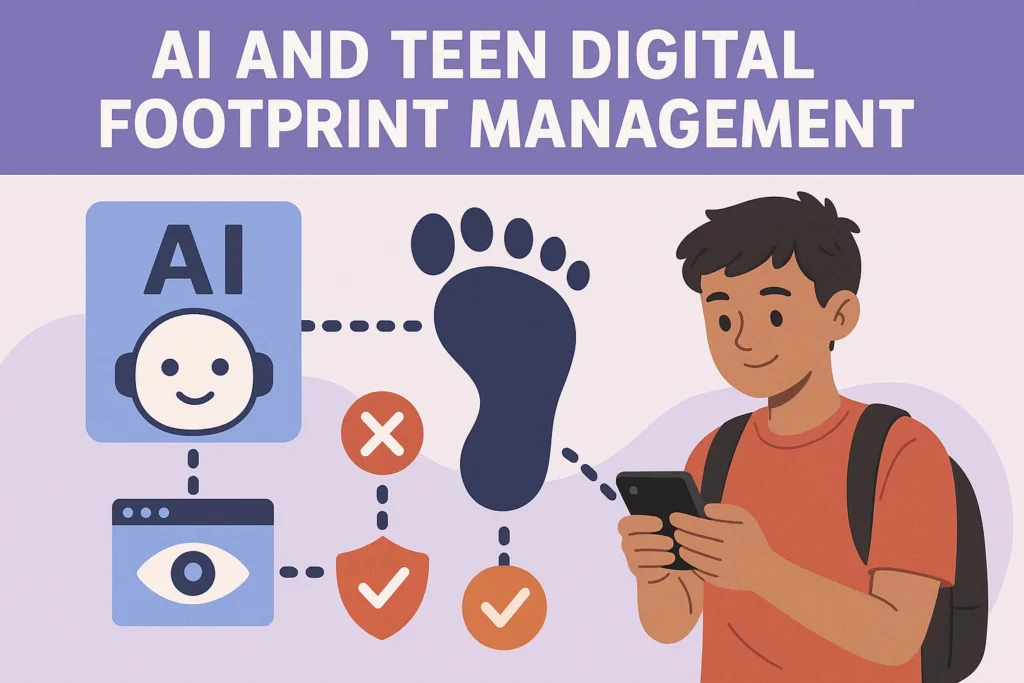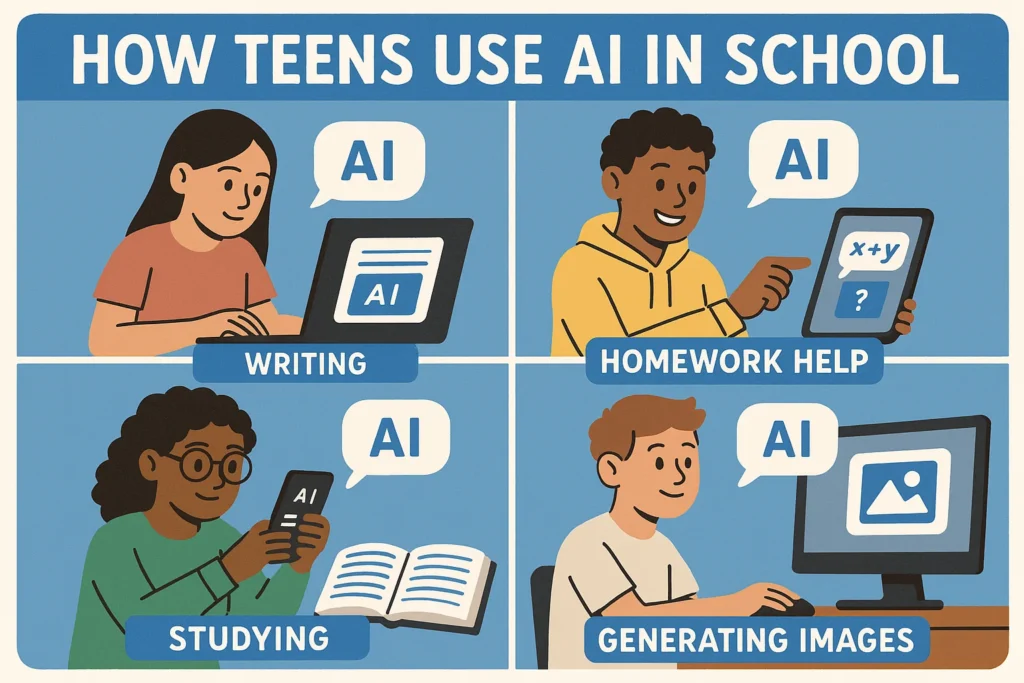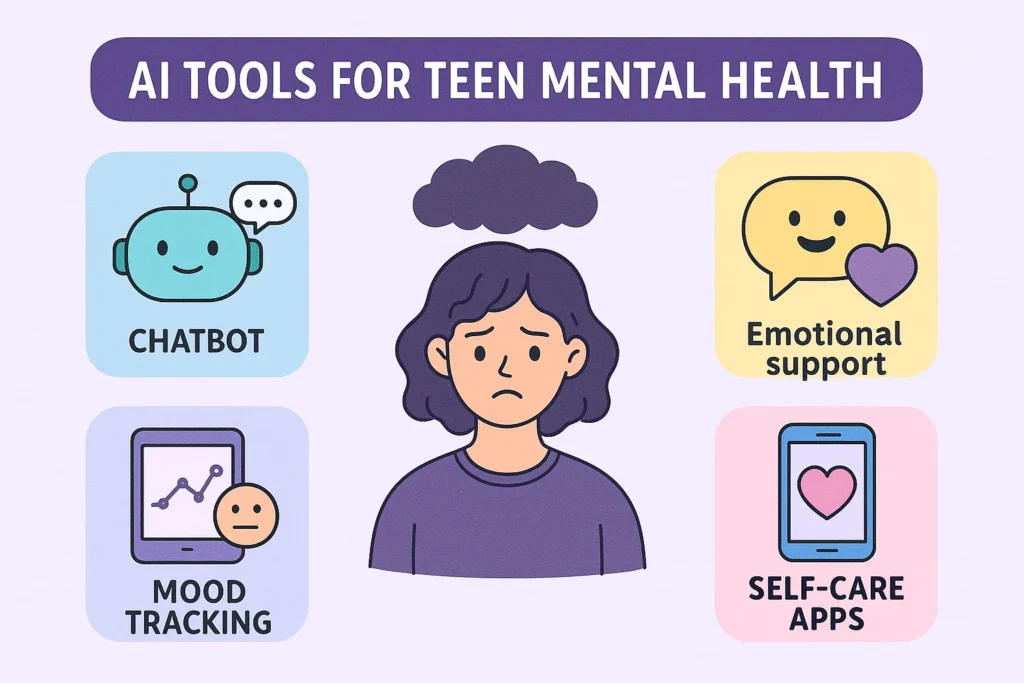🌟 Introduction
AI and Teen Digital Footprint Management: AI Blogquest.com Parenting is never easy — and for parents of special needs children, the challenges are even more profound. From managing therapy schedules to ensuring consistent communication, every day is a balancing act. At AiBlogQuest.com, we explore how Artificial Intelligence (AI) is becoming a reliable companion, offering emotional relief, organizational support, and customized care tools for families.
So, can AI really improve life for parents of special needs kids? The answer is a strong yes — when used thoughtfully and ethically.
🤖 Understanding AI’s Role in Special Needs Parenting
AI in this context isn’t just about high-tech gadgets — it’s about smart assistance, early detection, and personalized recommendations that empower both parents and children. Whether it’s helping track therapy progress or suggesting tailored learning content, AI tools are bridging gaps that once felt overwhelming.
🧩 7 Real Benefits of AI for Parents of Special Needs Kids
1. Early Detection of Developmental Delays
AI-powered diagnostic tools can analyze speech, behavior, and movement patterns to detect potential developmental disorders early — allowing parents to seek timely intervention.
2. Personalized Therapy Plans
Apps use machine learning to recommend specific exercises, games, or learning activities suited to a child’s needs — saving hours of trial and error.
3. 24/7 Virtual Support Systems
AI chatbots and digital assistants can answer parenting questions, remind parents of appointments, or offer emotional support when specialists aren’t available.
4. Simplified Communication Tools
For children who struggle with speech, AI-powered communication boards translate gestures or text into speech, fostering independence and reducing frustration for parents.
5. Smart Home Integration
Voice-enabled AI systems (like Alexa or Google Assistant) can help manage routines — from medication reminders to sensory-friendly lighting and sound adjustments.
6. Therapy Progress Tracking
AI analyzes therapy data, highlighting trends and milestones — helping parents and therapists collaborate more efficiently.
7. Emotional Relief and Community Connection
AI-driven apps can connect parents to support groups or recommend mental health resources, making them feel less alone in their journey.
❤️ The Emotional Impact of AI Support
AI may not replace human empathy, but it can give parents breathing space — reducing burnout and providing clarity. When technology takes care of repetitive tasks, parents can focus more on bonding, laughter, and emotional connection with their child.
⚖️ Challenges and Ethical Concerns
Even with its benefits, parents should stay aware of key concerns:
-
Data privacy for children’s health and learning data
-
Algorithmic bias that may misinterpret unique behaviors
-
Overreliance on tech instead of human connection
AI works best when it’s a tool, not a substitute for human intuition.
🔗 Useful Links – AiBlogQuest.com
-
The Role of AI in IEP Planning
-
Can AI Identify Special Needs Earlier?
❓ FAQs
Q1. Can AI replace therapists for special needs kids?
No, AI supports therapy by providing tools and insights — but human therapists remain essential for emotional and behavioral guidance.
Q2. How can parents ensure data privacy when using AI apps?
Choose reputable platforms with strong encryption and transparent data policies. Always read the privacy settings before uploading child-related data.
Q3. Is AI affordable for most parents?
Many AI-based apps are now accessible or offer free versions, making them more inclusive for families across income levels.



